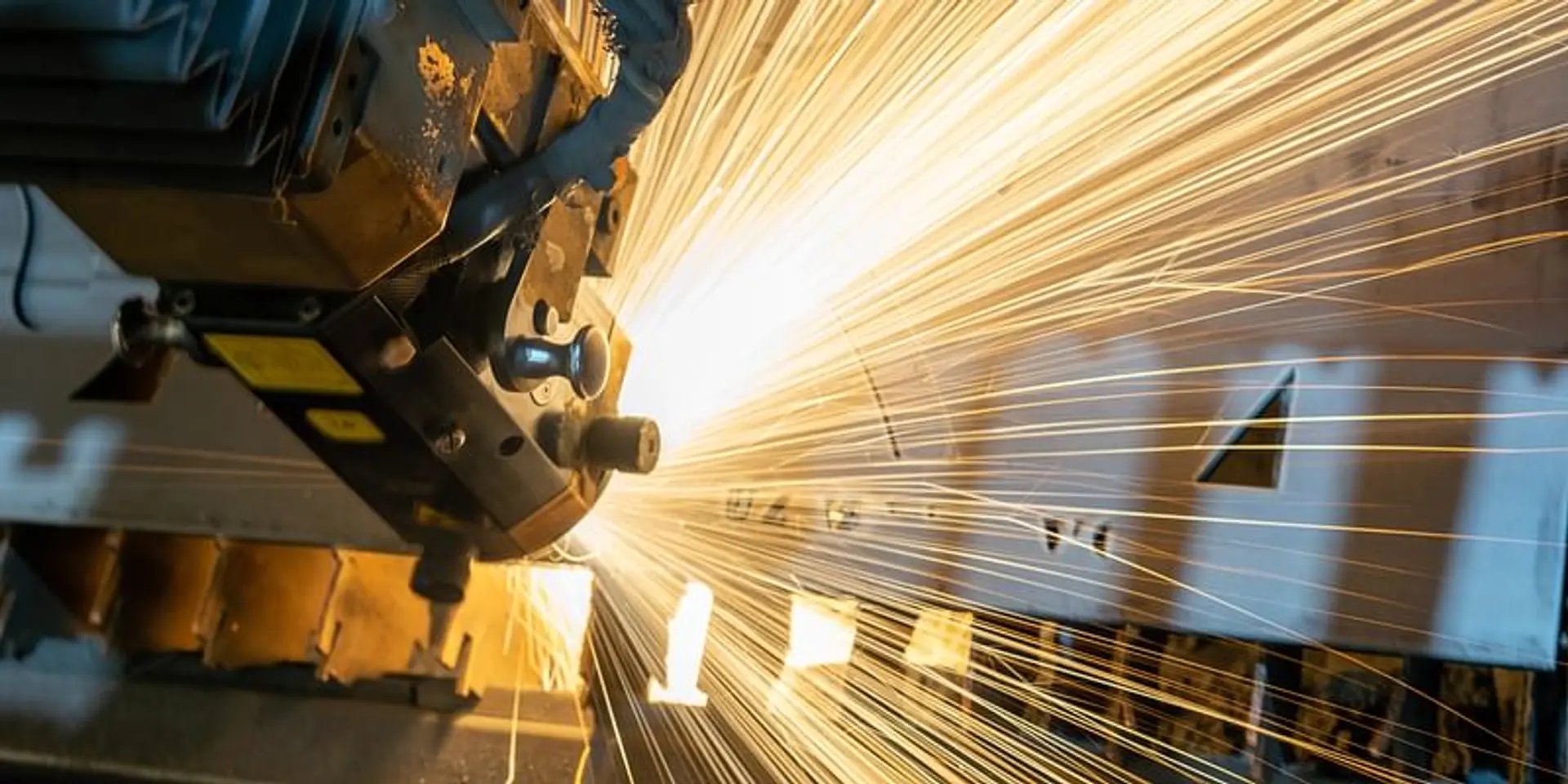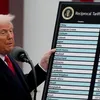India’s trump card: VCs say lower tariffs vs Asian rivals could catapult nation's manufacturing startups
Although the import tax applies to all countries and may void the advantages held by key beneficiaries of the China Plus One strategy, such as India and Vietnam, India’s lower tax rate compared to Vietnam and China is expected to support its manufacturing sector.
US President Donald Trump’s reciprocal tariffs on India, though among the highest globally, are still lower than those imposed on Vietnam and China, giving India’s growing new-age manufacturing sector a competitive edge, according to venture capital investors.
Startups manufacturing in the biotechnology, electronics, textiles, chemicals, pharmaceuticals, aviation, and automotive components spaces are likely to benefit the most, according to these VCs. However, the entire startup ecosystem, including the government, investors, and other stakeholders, should move fast to capitalise on the opportunity, VCs said.
On April 2, Trump imposed new import taxes on all goods coming to the US. While China was hit the hardest with an effective import tax levy of almost 54%, India was among the top five, with a reciprocal tax of 26% on all goods imported from the country.
“Manufacturing exports are minimal, and India is not very dependent on them, so the overall impact will not be a lot. More importantly, tariffs are lower for us than for China and Vietnam, so that should accelerate exports. In fact, we should take this as an opportunity to boost manufacturing exports,” said Rehan Yar Khan, Founder and Managing Partner, Orios Venture Partners.
“The tariffs have targeted China heavily with the intent to control its power. But success hinges on [Indian] government's action in easing doing business and providing infrastructure,” he added.
Although the import tax applies to all countries and may void the advantages held by key beneficiaries of the China Plus One strategy, such as India and Vietnam, India’s lower tax rate compared to Vietnam and China is expected to support its manufacturing sector.
Venture capital investors believe that while the tariffs may cause a temporary setback, India's manufacturing sector could benefit in the long run if the US maintains its current stance on major importers, provided there are no significant policy shifts in either country.
India’s manufacturing sector can jump on a potential advantage given its significant growth in recent years, as well as increasing interest from venture capital and private equity investors. Since 2021, manufacturing startups in India have secured over $2.1 billion in VC and PE funding, according to Tracxn data. Earlier this year, The CapTable had reported how the next decade of Indian startups will likely belong to deeptech companies, led by manufacturing.
“This (tariff) is the opening gambit. We have a marginal advantage momentarily, but will still need to move fast on upgrading,” said Rahul Seth, Founder of Industrial 47, a deeptech VC firm.
“However, things will change. This is just the opening. Although I think aviation and biotech will be among the top beneficiaries,” he noted.
While Sanjay Swamy of Prime Venture Partners and other bankers and VCs believe India’s manufacturing startups may benefit from the Trump tariffs, Vikram Chachra, Founder and Managing Partner of 8i Ventures, offered a counter view.
“I don’t think this is an opportunity for Indian manufacturing startups. Indian manufacturing has to get more efficient when you compete with the best. They are competing against a very formidable manufacturing machine of China. So this mindset that we will get a chance to get cheaper has to go,” said Chachra.
“China will just start dumping stuff through other countries. Besides, export-oriented countries will devalue their currencies. That’s a very easy tool every central bank has in its pocket,” he added.
Apart from manufacturing startups, most new-age companies in India are service-oriented and primarily focused on the domestic market, making them unlikely to be directly affected by Trump’s tariffs. While these tariffs may temporarily dampen overall investment sentiment due to concerns over globalisation, venture capital investors believe the impact will be short-lived.
“On the positive, there are very few hardware-only products from India—most are software only or IoT (internet of things) plus SaaS. For all companies, their competitors are from China, hence, the impact is likely to be relatively less,” said Swamy of Prime Venture Partners.
“On the unknowns and short-term concerns is the question of reduced spending in non-essential sectors, which may, at the limit, lead to a recession. That is an unknown—and in all cases, uncertainty isn’t a friend. As such, one could envision a slowdown in funding for startups in non-essential categories,” he noted.
Edited by Kanishk Singh








![[Startup Hatch] ‘Build things that matter to you’ – Vaibhav Chhabra, The Maker’s Asylum](https://images.yourstory.com/cs/wordpress/2016/04/MA1.jpg?mode=crop&crop=faces&ar=1%3A1&format=auto&w=1920&q=75)